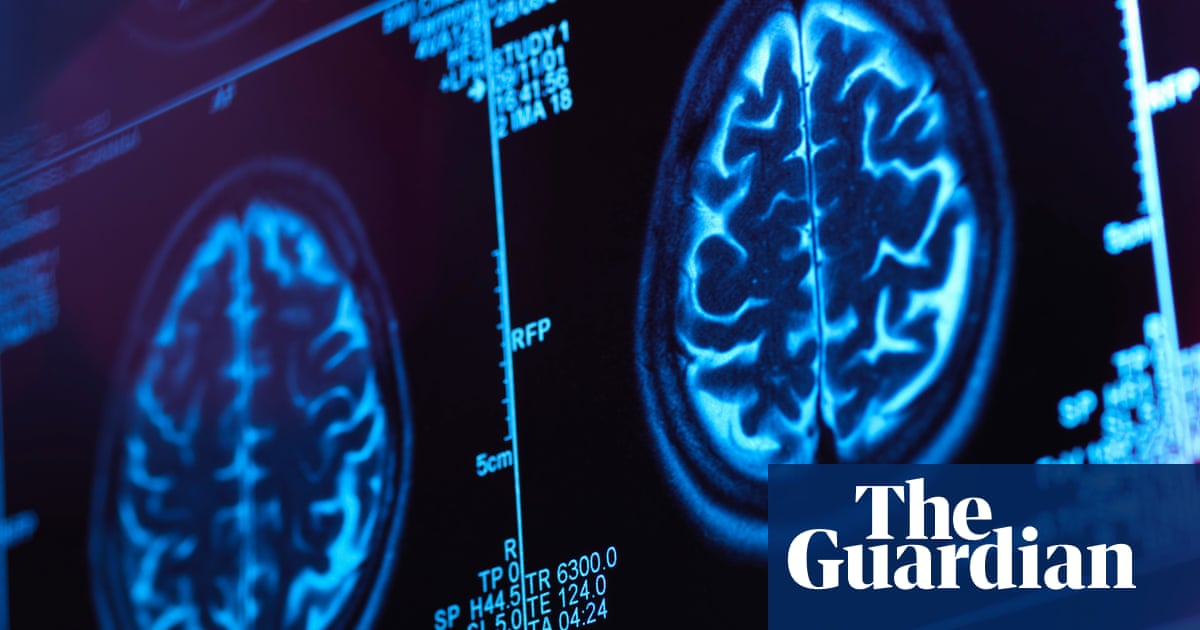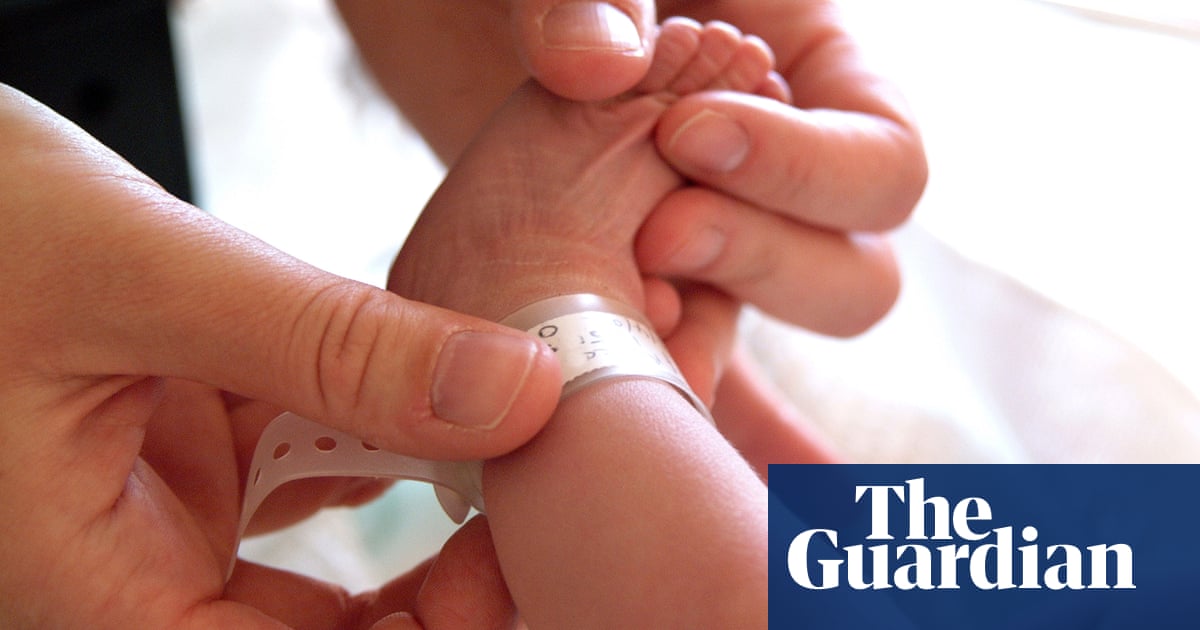
A 10-minute brain scan could detect dementia several years before people develop noticeable symptoms, a study suggests.
Scientists used a scan of “resting” brain activity to identify whether people would go on to develop dementia, with an estimated 80% accuracy up to nine years before people received a diagnosis. If the findings were confirmed in a larger cohort, the scan could become a routine procedure in memory clinics, scientists said.
“We’ve known for a long time that the function of the brain starts to change many years before you get dementia symptoms,” said Prof Charles Marshall, who led the work at Queen Mary University of London. “This could help us to be more precise at identifying those changes using an MRI scan that you could do on any NHS scanner.”
The research comes as a new generation of Alzheimer’s drugs are on the horizon. The UK’s Medicines and Healthcare products Regulatory Agency (MHRA) is assessing lecanemab, made by Eisai and Biogen, and donanemab, made by Eli Lilly, and both drugs are widely expected to be licensed this year.
“Predicting who is going to get dementia in the future will be vital for developing treatments that can prevent the irreversible loss of brain cells that causes the symptoms of dementia,” Marshall said.
The researchers used functional MRI (fMRI) scans from 1,100 UK Biobank volunteers to detect changes in the brain’s “default mode network” (DMN). The scan measures correlations in brain activity between different regions while the volunteer lies still, not doing any particular task. The network, which reflects how effectively different regions are communicating with each other, is known to be particularly vulnerable to Alzheimer’s disease.
Of the volunteers, 81 went on to develop dementia after the UK Biobank scan. The researchers used AI algorithms to identify changes to the DMN that were most characteristic of those at risk, with the aim of being able to classify people as “at risk” or healthy. The resultant model could identify those at risk with 80% accuracy up to nine years before diagnosis, according to the study published in Nature Mental Health.
In the cases where the volunteers had gone on to develop dementia, the team could predict within a two-year margin of error exactly how long it would take for that diagnosis to be made. Changes to brain connectivity were also associated with known risk factors, including the genetic risk for Alzheimer’s disease and social isolation.
The team said a simple brain scan, that would take about 10 minutes, could be used alongside recently developed blood tests that target proteins in the brain that cause Alzheimer’s disease.
Dr Sebastian Walsh, who studies public health approaches to dementia prevention at the University of Cambridge, said the results were “potentially exciting”, but added that several factors needed further investigation.
Walsh pointed out that, of the 100 people who developed dementia, the average time between scan and diagnosis was 3.7 years. Given the slow diagnosis times in the UK, some of these participants may have already had cognitive impairments at the time of the scan.
“Before we can be truly confident that this technology can predict dementia onset rather than just be an early indicator that it is present, it will be really important to see these findings demonstrated in bigger samples with a much longer delay between scan and onset of cognitive symptoms,” he said.
Dr Richard Oakley, an associate director of research and innovation at the Alzheimer’s Society, said the new technique could pave the way for early and accurate diagnosis of dementia. But, he added, the NHS does not yet have the capacity to roll out early diagnostic scans, given the shortage of scanners and specialised staff to operate them. “We need to see urgent investment in the NHS to improve dementia diagnosis,” Oakley said.












